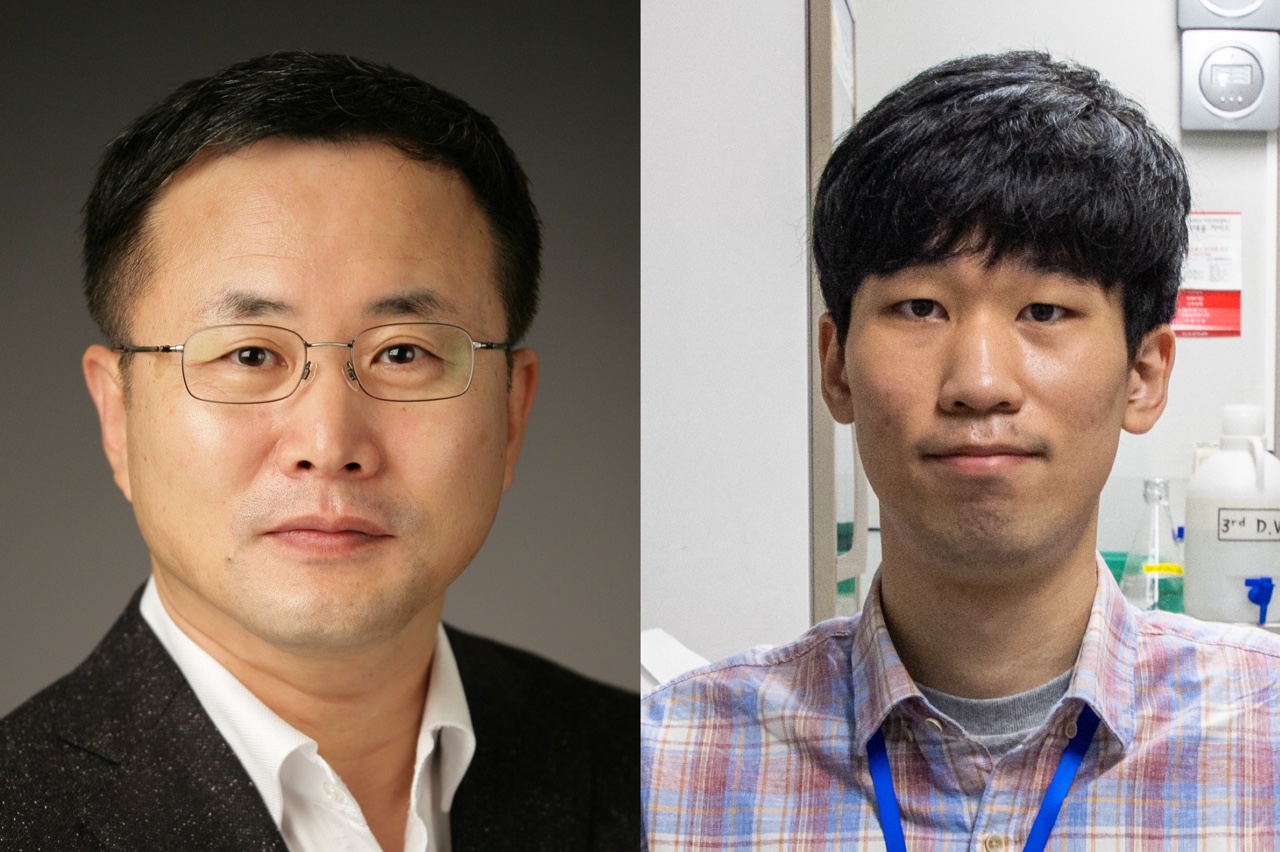A research team led by Professor Chang Woo Lee from Department of Medicine, Identified a new cause of liver cancer and presented treatment targets
- - Identified a new regulatory mechanism that develops steatohepatitis into liver cancer

Sungkyunkan University (President Dong Ryeol Shin) announces that a research team led by Professor Chang Woo Lee (Molecular Tumor Immunology Laboratory, first author: Jun Seop Yoon) identified a new cause of liver cancer and presented treatment targets. The team identified the plasticity and malignant change of liver cancer caused by reverse differentiation of liver cells and revealed a new and important regulatory mechanism for develop a new regulatory mechanism that develops steatohepatitis into liver cancer.
Liver cancer is the fifth most common cancer in Korea, ranking second in the cause of cancer death after lung cancer. The reason why the mortality rate of liver cancer is so high is that it is difficult to fundamentally treat liver cancer because the mechanism of early diagnosis and regulation that develops into liver cancer is not clearly identified. Currently, chemotherapy for liver cancer has a very low response rate and there is no special method other than liver resection or liver transplantation. In fact, in case of liver resection, the recurrence rate is also very high at 50-70% within 5 years. Studies have shown that if hepatitis persists, it is transformed into tumor initiating cells that can produce cancer through the process of reverse differentiation of differentiated liver cell. However, the mechanism of molecular regulation that reversely differentiates liver cell has not yet been clearly identified.
The research team noted a sharp decrease in Ssu72 protein in the liver cancer. Additionally, it was confirmed that liver cell with hepatitis develops into liver cancer cell by reverse differentiation in Ssu72 gene-deficient mice. This reveals a new regulatory mechanism that rapidly increases the development of hepatitis to liver cancer by inducing reverse differentiation of liver cells in an inflammatory environment caused by continuous liver damage, and it is found to occur through the regulation of HNF4α’s activity, which is essential to the differentiation and function of liver cells.
Professor Lee said, “The occurrence of liver cancer due to continuous liver damage is considered to be a key mechanism for regulating the reverse differentiation of liver cells by the Ssu 72 gene. It is a significant study that suggests a new concept of liver cancer and a new treatment target.”
The result of this study has been published in Cell Death and Differentiation (SCI IF 15.881) in October.
Apart from the research results described above, Prof. Lee published excellent research results that have identified a new molecular mechanism for regulating the function of Regulatory T cell, which is essential for autoimmune control, and a new pathogenesis mechanism for autoimmune diseases, as correspondence authors in Proceedings of the National Academy of Sciences USA (SCI IF 11.205) in September and Cellular and Molecular Immunology (SCI IF 11.530) in March, respectively.
